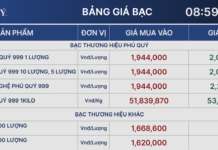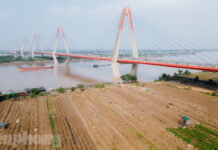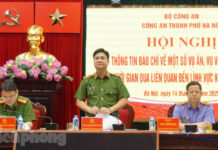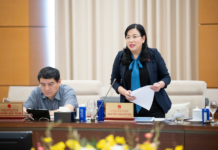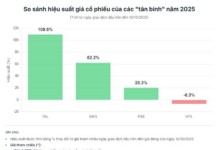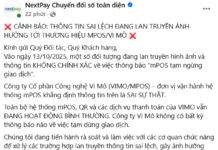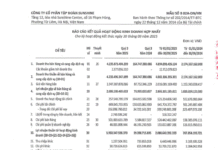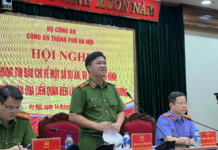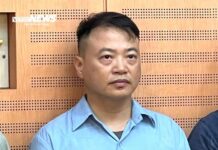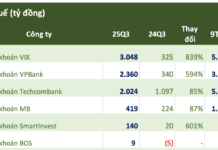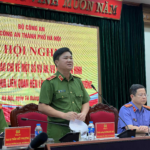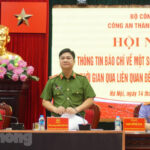Hanoi and Ho Chi Minh City’s urban railway projects: Deputy Prime Minister Tran Hong Ha’s directives for timely completion and operation.
According to the conclusions of Deputy Prime Minister Tran Hong Ha, who heads the Task Force assisting the Steering Committee for the progress of Hanoi and Ho Chi Minh City’s urban railway projects, as stated in Notice No. 239/TB-VPCP, urgent actions are required to finalize several tasks, contents, and procedures.
The Deputy Prime Minister has instructed the Hanoi People’s Committee to collaborate with relevant ministries and agencies to promptly complete tasks such as system testing, system safety reports and certification, fire protection acceptance, environmental approval, personnel training for operation and maintenance, and project completion acceptance.
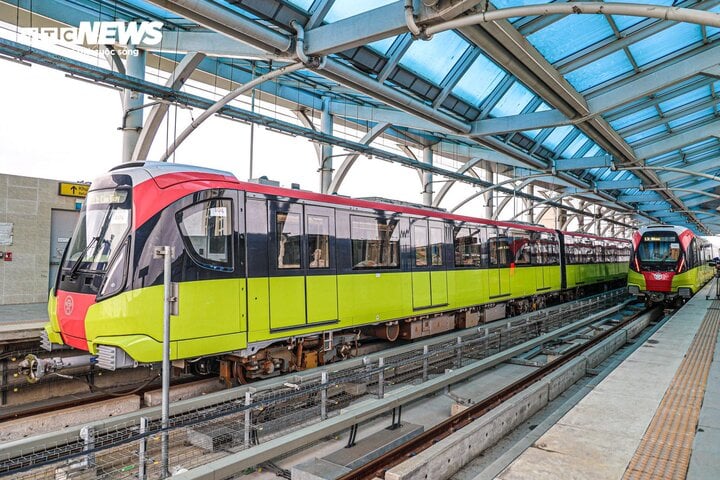
Nhon – Hanoi Railway Station Project. (Photo: Vien Minh)
Hanoi is striving to open the elevated section of the Nhon – Hanoi Railway Station route to the public by the end of June. Completing and operating the urban railway projects in Hanoi and Ho Chi Minh City is an urgent and important task.
The Deputy Prime Minister has also directed the Hanoi People’s Committee to coordinate with the Ministry of Finance and the World Bank (ADB) to finalize procedures for signing an amendment to the capital allocation table to facilitate disbursement for the underground section of the Nhon – Hanoi route in May 2024.
Simultaneously, they should work with the Ministry of Planning and Investment to complete the review of the project dossier as directed and consider adjusting the investment policy for the Nam Thang Long – Tran Hung Dao urban railway line in June 2024.
The Deputy Prime Minister has instructed the Ho Chi Minh City People’s Committee to proactively direct, supervise the investors, contractors, and relevant units to actively resolve existing issues and expedite the completion of the remaining works. They should also collaborate with relevant ministries and agencies to finalize the necessary tasks to ensure the operation of the Ben Thanh – Suoi Tien route by December 2024.
Furthermore, the Ho Chi Minh City People’s Committee has been assigned to review capital sources and arrangement plans, promptly work with sponsors to complete procedures for loan agreement extensions, and develop a plan to implement and complete the Ben Thanh – Tham Luong urban railway line.
Urban railways play a crucial role in large cities, especially Hanoi and Ho Chi Minh City. While several pilot urban railway lines have been under construction, only the Cat Linh – Ha Dong Line 2A has been operational since 2021, showcasing the effectiveness of this transport mode.
The State Steering Committee for important national projects in the transport sector has held periodic meetings to provide strong leadership and address challenges to accelerate the progress of these projects, including the urban railway lines in Hanoi and Ho Chi Minh City. However, the remaining lines are facing delays and have had to extend their timelines multiple times, leading to increased total investment.
Urban railways are large-scale projects with high technical requirements, and land clearance is extremely challenging. As these projects utilize ODA capital from sponsors, they entail numerous contents and procedures. Therefore, close coordination and timely direction from relevant ministries, sectors, and localities are essential for their successful implementation.
In addition to the ongoing investment in several lines, there are 16 urban railway lines in the master plans of Hanoi and Ho Chi Minh City that have not yet been implemented.
“As the managing agencies, Hanoi and Ho Chi Minh City hold primary responsibility for ensuring the progress, quality, and efficiency of these urban railway projects. The Task Force executes its function of directing, inspecting, and urging the implementation, as well as coordinating the resolution of critical inter-sectoral issues and removing obstacles or adjusting mechanisms during the process if necessary,” emphasized the Deputy Prime Minister.

